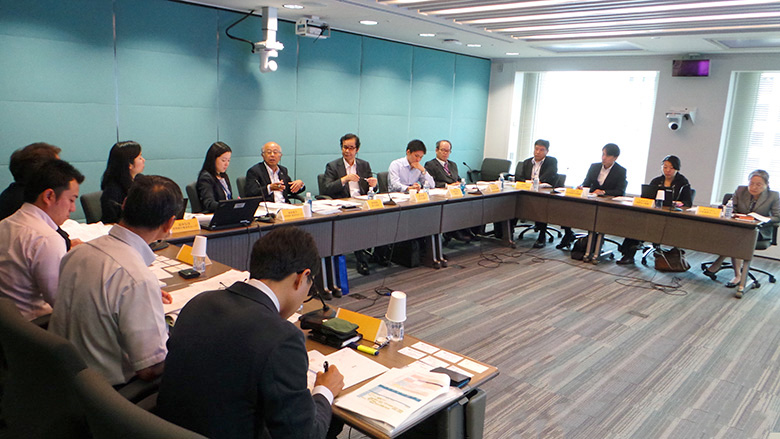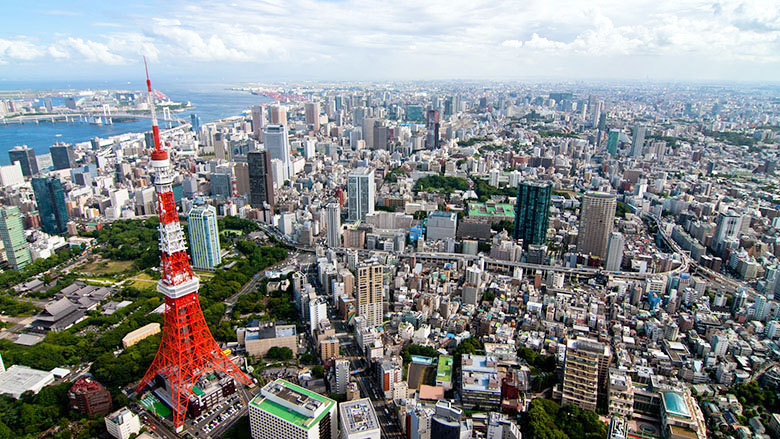


In April 2016, the Global Facility for Disaster Reduction and Recovery (GFDRR) launched a report "Building Regulation for Resilience: Managing Risks for Safer Cities", followed by the program launch of "Building Regulation for Resilience".
The World Bank Disaster Risk Management Hub, Tokyo is contributing to this efforts by sharing Japanese experience on disaster risk reduction through improved building regulation. To share Japan’s experience effectively in the context of developing countries today, DRM Hub, Tokyo started a Knowledge Program project "Building Regulation for Resilience". One of the anticipated outputs is a knowledge note that tells Japan’s historical and incremental efforts to advance building regulations, compliance mechanism and capacity building. DRM Hub, Tokyo organized a roundtable meeting on June 16, 2016, in cooperation with Japanese experts group from Ministry of Finance (MOF), Ministry of Land, Infrastructure, Transport and Tourism (MLIT), Japan Housing Finance Agency (JHF), the Building Center of Japan (BCJ) and Japan International Cooperation Agency (JICA).
It has been reported that some 1.4 million people are moving to cities every week along with the rapid urbanization. By 2050, there will be approximately 2.5 billion population increase globally, and 66 percent of total population will be living urban areas and towns, with 90 percent of the urban growth expected in developing countries.
The "Sendai Framework for Disaster Risk Reduction 2015-2030" adopted in March 2015 addressed that effective building and land use regulations have proven as key elements to reduce disaster risk. However, for low- and middle-income countries, these tools have been demonstrated elusive as they have face challenges to make the regulatory regimes mature and the enforcement system effective. Such conditions cause to increase disaster risk along with urbanization. In addition, steadily increase in scale and frequency of natural disasters is causing significant loss of lives and livelihoods.
Japan is known as one of the countries which has advanced building code and regulatory frameworks. The Knowledge Note aims to share the experience of Japan’s legal and regulatory systems improvement in its history and help decision-makers in developing countries to take actions for disaster risk reduction.
At this meeting, the experts and the project team discussed the structure of the report and and cases to be addressed in the Knowledge Notes, in line with the seven recommendations made in the report “Building Regulation for Resilience: Managing Risks for Safer Cities” to respond to the needs of countries facing challenges. The focused points were:
The experts and project team also extended the discussion on the knowledge dissemination approach that can trigger behavior changes of decision makers as well as practitioners.
The points discussed at today’s meeting will be reflected to the Knowledge Note development.